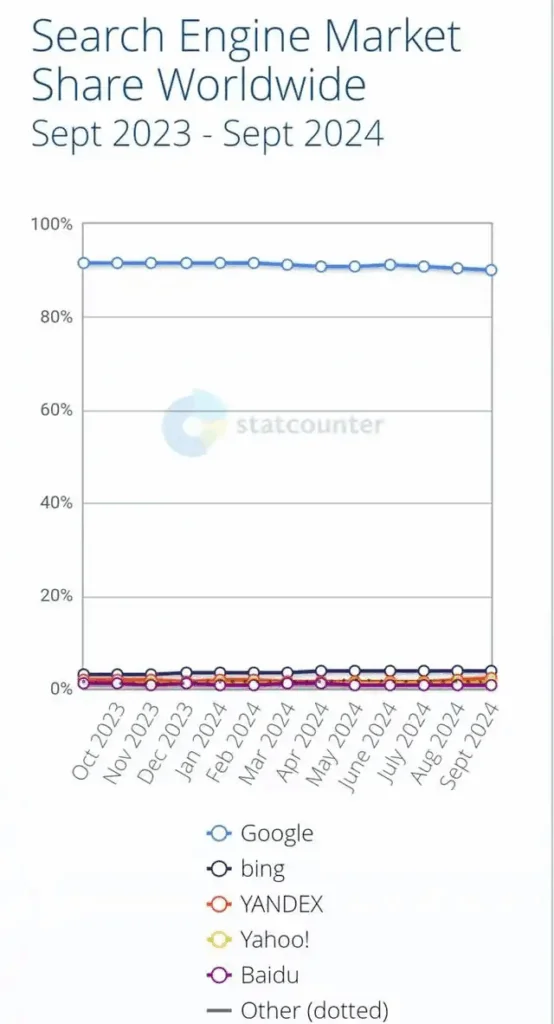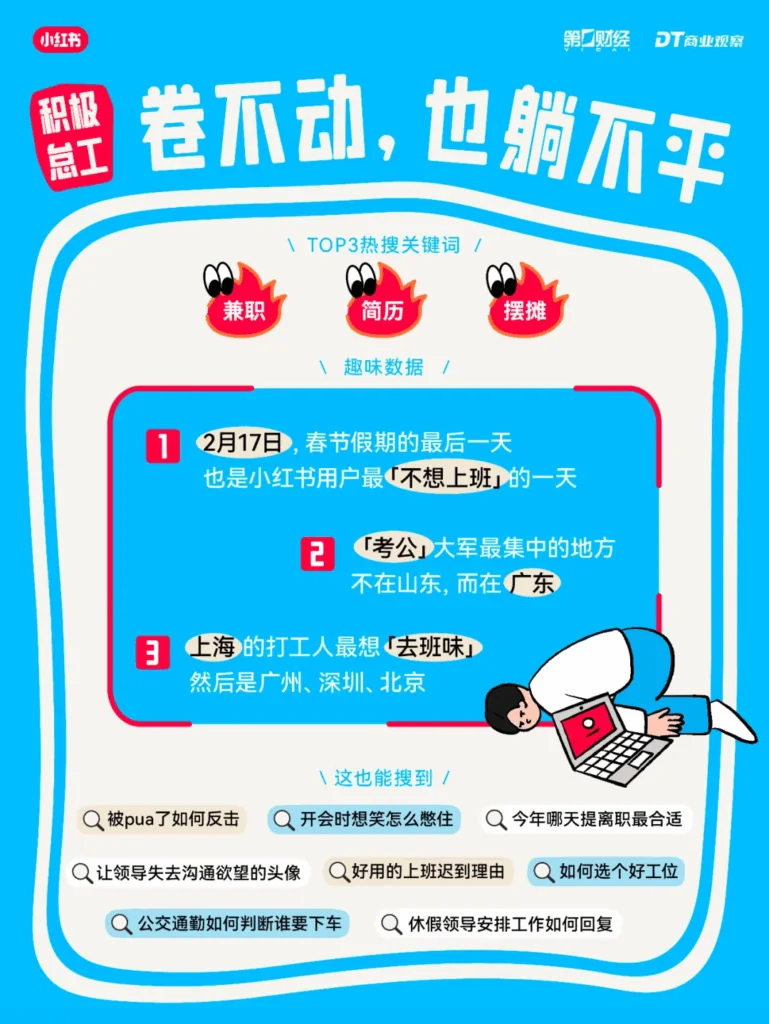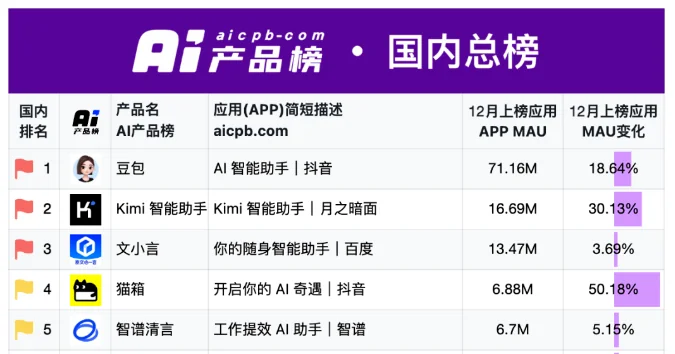Baidu and Google used to be the default: type in a keyword, hit enter, and scroll through a flood of links. But that’s changing. A recent study shows the term “Google” as a verb is going out of style. Today, younger users are more likely to just say “Search.” In China, the once-iconic phrase “Baidu it and you’ll know” has quietly faded from everyday use.
For Gen Z in China, search has moved far beyond traditional engines. Instead, they’re turning to platforms like Rednote, Douyin, TikTok, Instagram, and YouTube. In December 2024, Rednote reportedly hit 600 million daily search queries—double the number from the year before. Experts say YouTube’s search volume actually overtook Bing and Yahoo’s as early as four years ago.

Why Are More People Searching on Social Media?
In the past, people discovered brands through fashion magazines or TV ads. Today, 44% of Gen Z say they find new brands on social media. They go to Douyin and TikTok for beauty tips, Weibo and Facebook for news and recipes, and Rednote and Instagram to learn about fashion. As their habits shift, marketers are keeping pace. A global survey by HubSpot and Brandwatch found that 87% of social media marketers believe consumers will rely more on social platforms—not search engines—to look up brands. And that number is only expected to rise.
So why is social media search catching on? Two reasons: better content and a better experience.
1. Content Value:
People search because they need answers—how to style an outfit, plan a trip, or troubleshoot daily hassles. The platform that offers the most helpful, relatable info—especially info that speaks Gen Z‘s language—is going to win.
The platform that offers the most helpful, relatable info—especially info that speaks Gen Z’s language—is going to win
That’s where Rednote and Douyin come in. According to Rednote’s 2024 search report, users often ask things like “Any side gigs to make extra cash?” or “What should my resume look like to get noticed?” These are the kinds of real-life questions that search engines struggle with. Search engines might just push you toward a couple of unfamiliar job platforms, but on Rednote you’ll find over 60,000 related posts. Top-ranked ones break down legit part-time jobs, and comment sections are packed with user tips, experiences, and advice that help fill in the blanks.


2. User Experience:
The real draw, though, is that social search isn’t just about getting info—it’s about connection. People aren’t just looking for answers, they want conversation. Take job-hunting. You might search “What’s it like at Company X?”—but what you’re really after is insight into the culture, pay, management, and everyday vibe. If you come across a post from someone who actually works there, that’s gold.
The real draw is that social search isn’t just about getting info—it’s about connection
On social platforms, search results come with likes, comments, and discussions. These help users gauge reliability and get different takes on the same topic. That kind of lived-in, human feel is exactly what traditional search engines lack—and why more and more people are searching elsewhere.
AI Is Changing the Way We Search
Another big reason Gen Z is moving away from traditional search engines is that AI is rewriting the rules. Since late 2022, large language models have changed the game. The habit has shifted from “Google it” to “Ask ChatGPT.”
Unlike search engines that make you sift through pages of half-relevant links, AI gives faster, more focused answers
Unlike search engines that make you sift through pages of half-relevant links, AI gives faster, more focused answers. Many AI tools now bundle in features like content generation, summarising, and translation—turning them into a one-stop shop for learning and problem-solving. With that shift, it’s no surprise that AI is taking away search engine traffic and fast becoming the go-to gateway for getting things done online.

How Gen Z Searches Today
Each generation has its own way of doing things—including how they search. For digital natives born after 2000, raised on smartphones and social media, old-school search engines from the desktop era are starting to feel clunky. They’re ready for something faster, smarter, and more in tune with how they live online.




